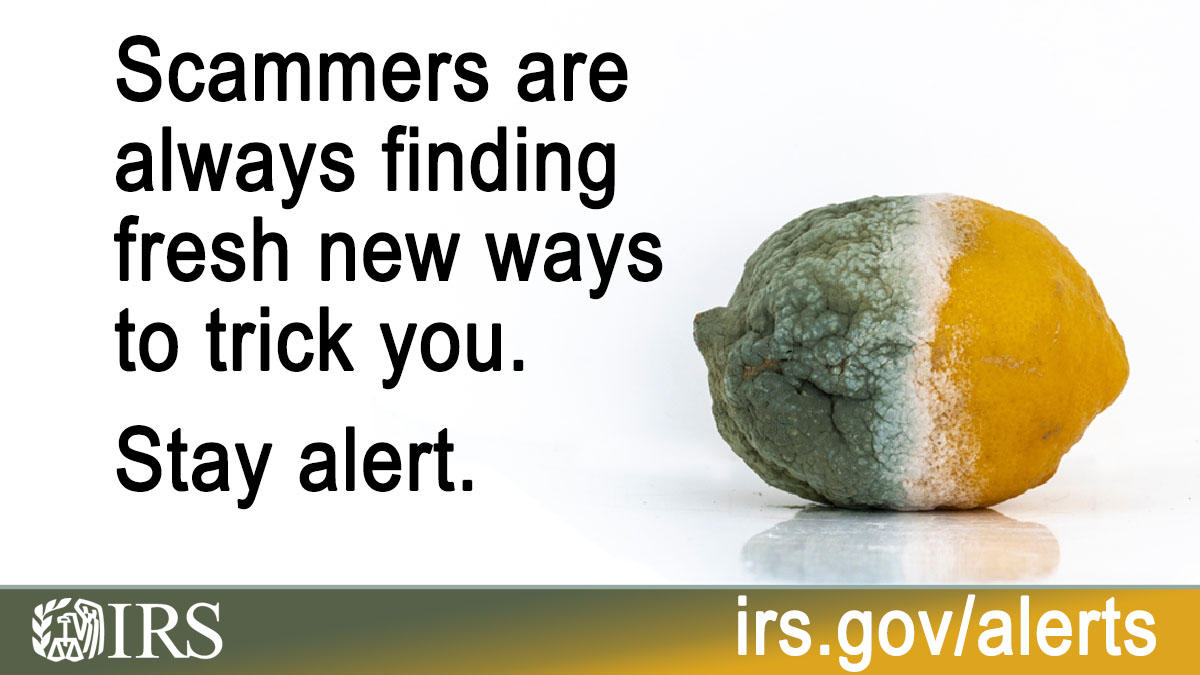
By Joel Dresang
Scamsters are opportunists. They insinuate their schemes into whatever seems to be getting attention at the moment.
Every year around Valentine’s Day, for instance, there’s a surge in romance scams where con artists play on people’s heartstrings to make a grab for their purse strings.
According to a recent newsletter from the North American Securities Administrators Association, in March 2023, the FBI reported 19,000 victims of romance scams losing more than $735 million.
Learn more:
How to know it’s really the IRS calling or knocking on your door, from the IRS
IRS Imposter Scams, a video from the Federal Trade Commission
Tax scams/Consumer alerts, from the IRS
Report phishing and online scams, from the IRS
Avoid Phishing Emails, video from the IRS
NASAA Fraud Center, from the North American Securities Administrators Association
Next up?
Through Tax Day, April 15, figure on fraudsters exploiting heightened awareness of the IRS. The agency is aggressively warning of impostors.
“The IRS doesn’t initiate contact with taxpayers by email, text messages or social media channels to request personal or financial information. This includes requests for PIN numbers, passwords or similar access information for credit cards, banks or other financial accounts,” the IRS says in one of its many warnings (Boldface added by the IRS.).
Of course, if the IRS contacts you, don’t just dismiss it. But be wary of crooks pretending to be the IRS and trying to play on common confusion about the agency and fear of its authority.
As the Federal Trade Commission explains:
“(T)he IRS’s first contact with you will always be a letter in the mail. It’s not a phone call, email, or text message. They won’t insist that you pay with a prepaid debit card, a wire transfers (sic), or cashier’s check.”
Even mail needs to be scrutinized.
One of the latest ploys is a carboard envelope from a delivery service, including the IRS masthead, with a letter instructing the recipient how to get their unclaimed tax refund. All they have to do: Respond with sensitive personal information, such as a photo of the driver’s license.
Joel Dresang is vice president-communications at Landaas & Company, LLC.
(initially posted March 1, 2024)